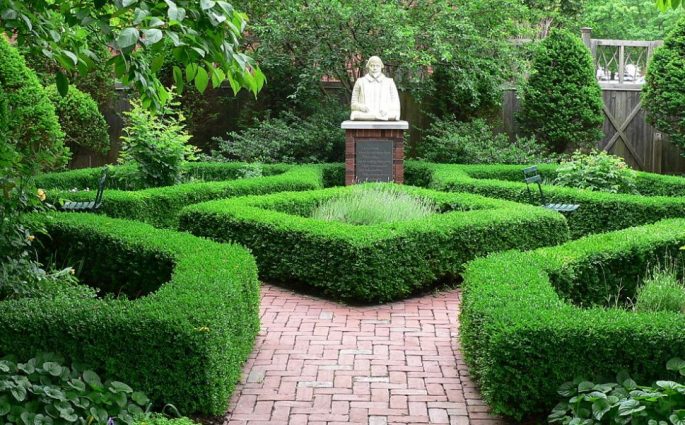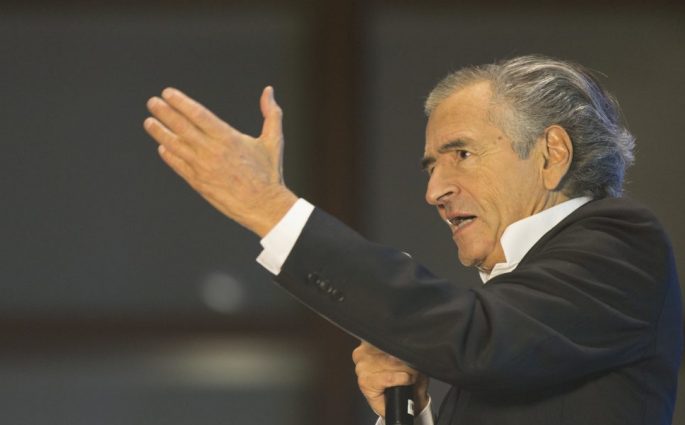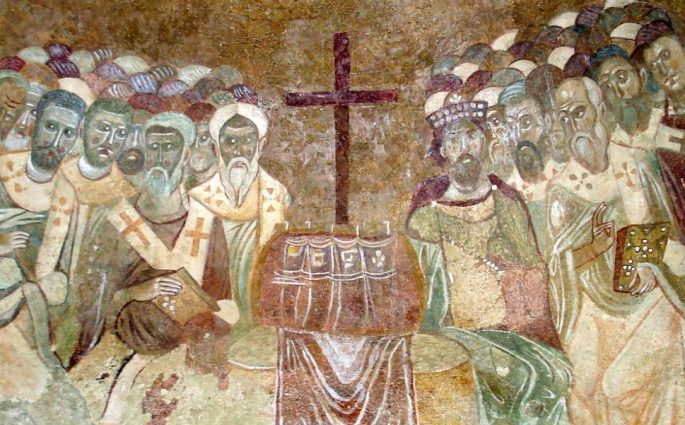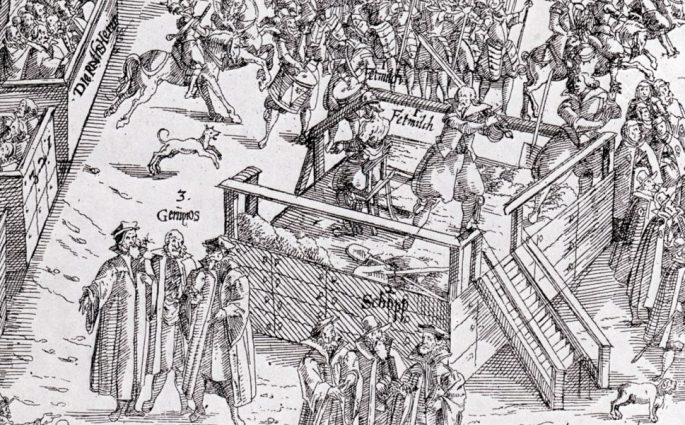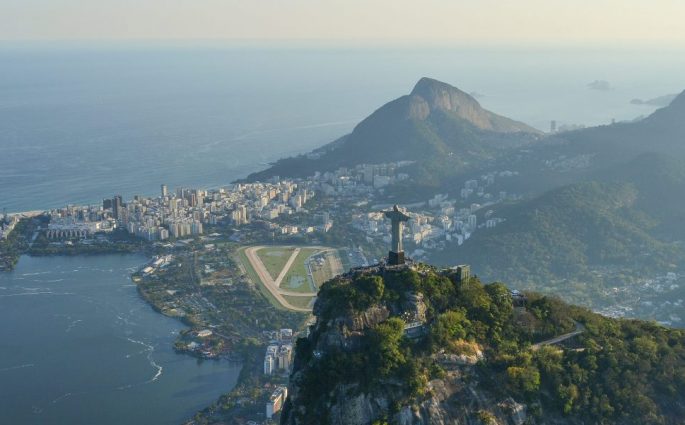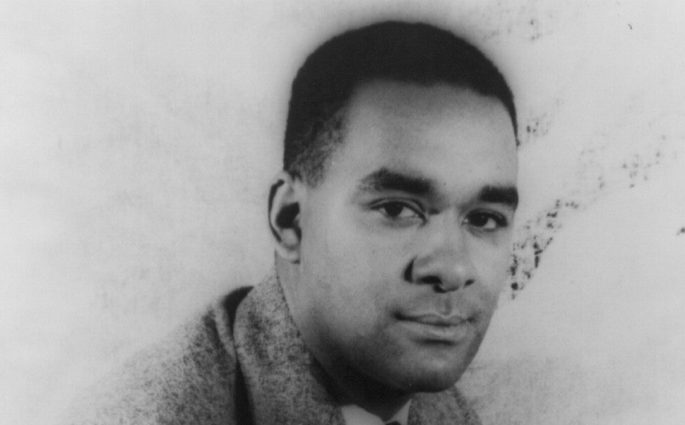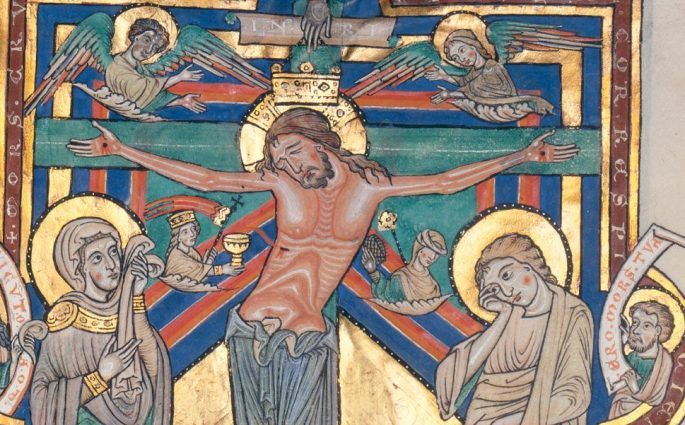The Lizzie and Its Founder
Walter Goffart— Yale’s Elizabethan Club was founded in 1911, a big year not just at Yale. A pandemic in Manchuria was an unpromising start. This pneumonic plague was fully checked by the wearing of cloth facial masks. A tragic note was struck again by the Triangle Shirtwaist Factory fire in

